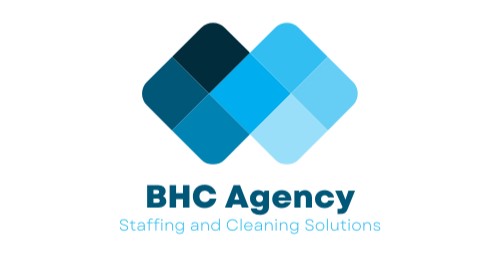Team building is a strategic approach to enhance collaboration, communication, and trust among team members. In essence, it’s about transforming a group of individuals into a cohesive and high-performing unit.
For healthcare and hospitality teams, this is particularly vital as the nature of their work often involves intense collaboration and coordination. Moreover, in the dynamic and demanding landscapes of those industries, the strength of a team can be the determining factor between success and mediocrity.
In this blog post, we explore the concept of team building, its undeniable importance, and provide valuable tips. Besides that, we will also present examples of activities tailored to the unique challenges of the healthcare and hospitality sectors.
The Importance of Investing in Team Building
Improved Communication
Effective communication is the backbone of any successful team. Therefore, team building activities facilitate open and clear communication channels, reducing misunderstandings. Consequently, you get to foster a more transparent work environment.
Enhanced Collaboration
Healthcare and hospitality often require interdisciplinary collaboration. Team building encourages employees to understand each other’s roles and responsibilities. Like this, it promotes a culture of collaboration that ultimately benefits the quality of service provided.
Increased Employee Morale
Engaged and satisfied employees are more likely to deliver exceptional service. Activities like this create a positive and enjoyable work atmosphere, boosting morale and creating a sense of belonging among team members.
Stress Reduction
The healthcare and hospitality industries can be inherently stressful. Team building provides an outlet for employees to unwind, relax, and build resilience together, creating a supportive environment to navigate high-pressure situations.
Tips for Effective Team Building
Tailor Activities to Industry Challenges
Consider the unique demands of healthcare and hospitality. For instance, conduct scenario-based simulations that mimic emergency situations in healthcare or require problem-solving skills in a hospitality setting.
Regularly Schedule Team Building Events
Consistency is key. Plan regular team building events to ensure continuous improvement and foster lasting connections among team members.
Incorporate Professional Development
Tie team building activities to professional growth. Encourage employees to share industry insights, attend relevant workshops, or engage in cross-training to expand their skill sets.
Examples of Team Building Activities
Escape Room Challenge
Ideal for promoting problem-solving and teamwork, an escape room challenge can simulate the pressure and urgency often experienced in healthcare and hospitality settings.
Role Reversal Day
In the spirit of understanding each other’s roles, organise a day where team members switch positions or shadow colleagues in different departments.
Culinary Activities
In the hospitality industry, a culinary team-building event not only strengthens teamwork but also provides a fun and delicious way for employees to connect.
Team-building Workshops
Bring in facilitators to conduct workshops on effective communication, conflict resolution, or stress management tailored to the healthcare and hospitality sectors.
In conclusion, team building is an investment that pays off exponentially in the healthcare and hospitality industries. By fostering a strong sense of unity, communication, and trust among team members, companies can ensure they are not only meeting but exceeding the expectations of their clients and patients.
As a staffing agency committed to your success, we encourage you to prioritise team building as a strategic imperative in your organisation’s journey toward excellence.

